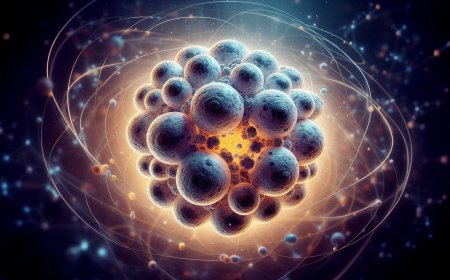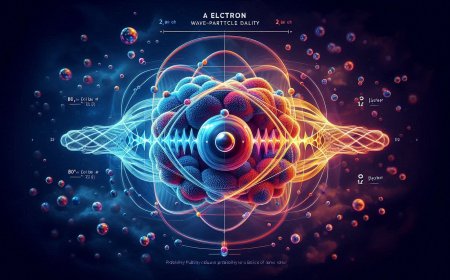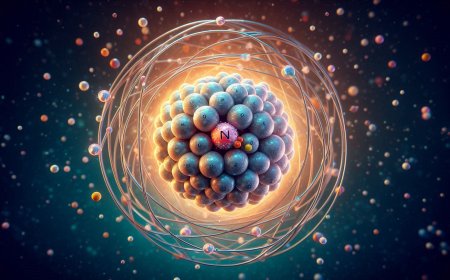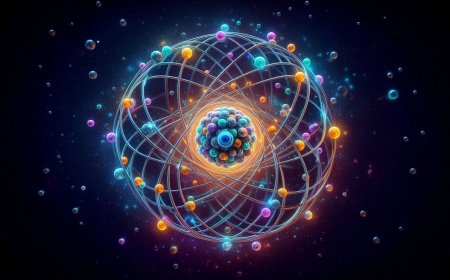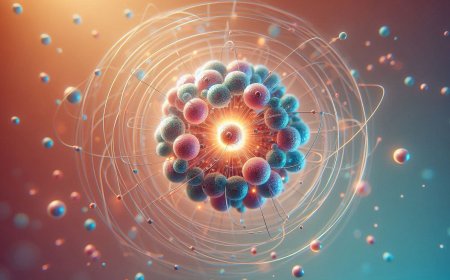10 Multiple Choice Questions on Dual Nature of Electron
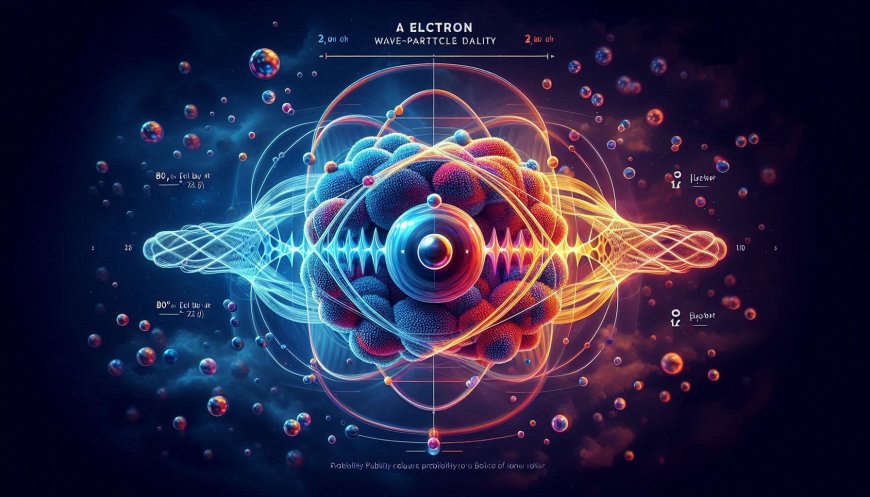
1) Who proposed that electrons exhibit both particle and wave properties?
A) Albert Einstein
B) Niels Bohr
C) Louis de Broglie
D) Erwin Schrödinger
Answer: C) Louis de Broglie
Show Answer
2) Which experiment provides evidence for the wave-particle duality of electrons?
A) Rutherford experiment
B) Double-slit experiment
C) Photoelectric effect
D) Gold foil experiment
Answer: B) Double-slit experiment
Show Answer
3) What pattern is observed when electrons pass through two slits in the double-slit experiment?
A) Random pattern
B) Uniform distribution
C) Interference pattern
D) Spiral pattern
Answer: C) Interference pattern
Show Answer
4) What is the principle stating that the position and momentum of an electron cannot both be precisely determined?
A) de Broglie principle
B) Heisenberg Uncertainty Principle
C) Schrödinger's equation
D) Pauli Exclusion Principle
Answer: B) Heisenberg Uncertainty Principle
Show Answer
5) Which theory explains electron behavior in molecules by describing molecular orbitals?
A) Atomic Theory
B) Molecular Orbital Theory
C) Quantum Field Theory
D) Newtonian Theory
Answer: B) Molecular Orbital Theory
Show Answer
6) In which field is the dual nature of electrons essential for understanding atomic structure?
A) Biology
B) Chemistry
C) Astronomy
D) Ecology
Answer: B) Chemistry
Show Answer
7) What are the regions called where electrons are likely to be found around the nucleus?
A) Nuclei
B) Orbits
C) Orbitals
D) Clouds
Answer: C) Orbitals
Show Answer
8) Who developed the mathematical description of electron waves?
A) Max Planck
B) Erwin Schrödinger
C) J.J. Thomson
D) Marie Curie
Answer: B) Erwin Schrödinger
Show Answer
9) Which property of electrons allows them to stabilize molecules?
A) Magnetic nature
B) Wave nature
C) Mass
D) Charge
Answer: B) Wave nature
Show Answer
10) Which branch of physics studies electron behavior in atomic and subatomic systems?
A) Classical Mechanics
B) Thermodynamics
C) Quantum Mechanics
D) Electromagnetism
Answer: C) Quantum Mechanics
Show Answer
What's Your Reaction?











